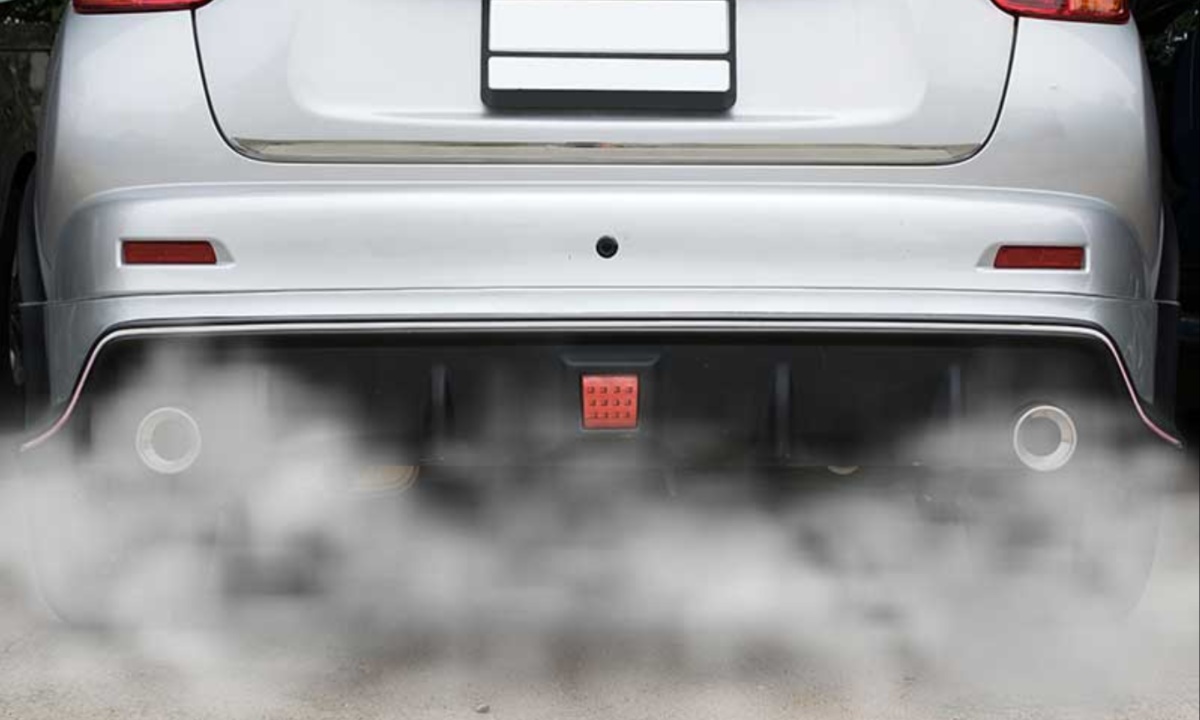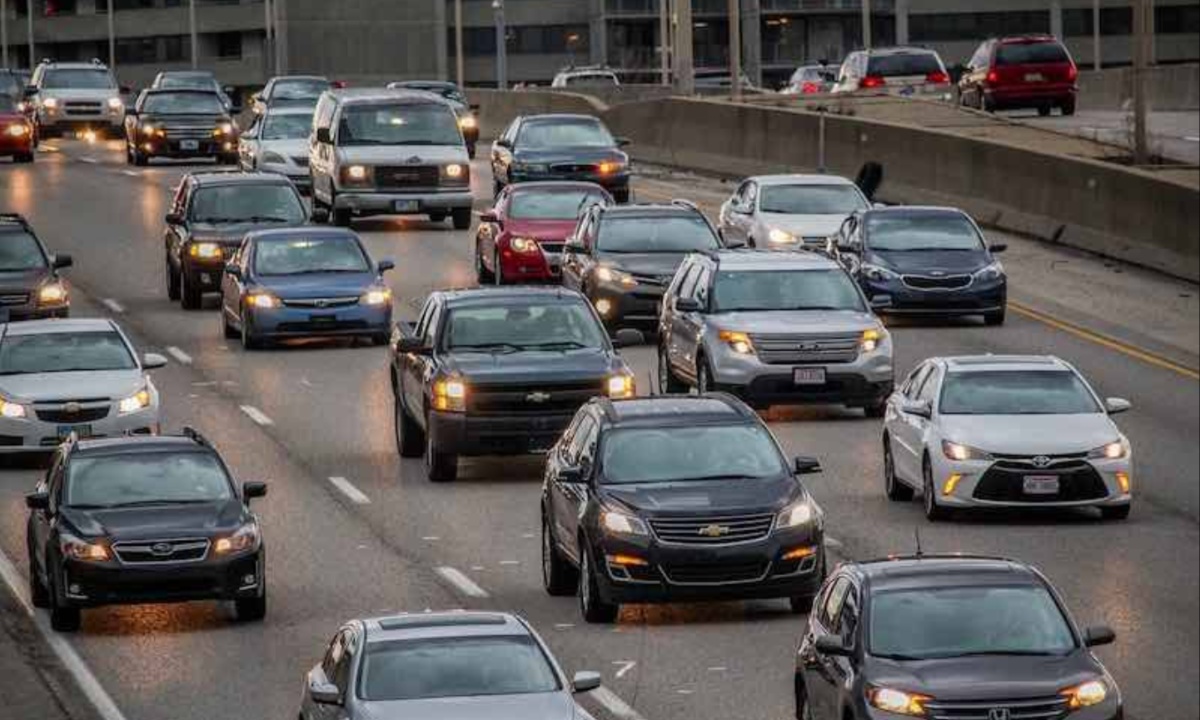On his first day in office, President Trump signed executive orders that sought to weaken the nation’s clean vehicle pollution standards and curtail California’s authority under the Clean Air Act to set its own vehicle emissions regulations. These actions threatened to dismantle policies that support the manufacturing of clean vehicles and create jobs, all while making electric vehicles more affordable for consumers. The Environmental Defense Fund (EDF) warned that these measures would result in increased climate and health-harming pollution.
Economic Consequences and Threatened Jobs
The executive orders could jeopardize substantial investments and job creation in the clean energy sector. Since the passage of the Inflation Reduction Act, nearly $200 billion in investments have been committed to U.S. electric vehicle and battery manufacturing, along with the creation of 195,000 new jobs. Most of these investments have been made in districts represented by Republican lawmakers, highlighting the broad political and economic implications of the President’s actions. These moves may hinder the growth of these vital industries and risk job losses in communities that are heavily invested in this clean energy transition.

Recent trends indicate that the U.S. has surged ahead in attracting investments for electric vehicles, surpassing even China in the past three years. EDF analysis shows that investments in U.S. electric vehicle manufacturing since 2021 have been nearly four times higher than in the previous five years. With the U.S. now leading the global market, any attempts to reverse or slow down this momentum could allow other nations to regain their competitive advantage, further harming the nation’s standing in the electric vehicle sector.
Consumer Savings from Electric Vehicles
Electric vehicles have proven to be a cost-effective choice for consumers, with significant savings in fuel and maintenance. According to EDF, many popular and upcoming EV models offer savings of up to $27,000 over the first 10 years of ownership compared to similar gasoline vehicles. This, combined with federal rebates of up to $7,500 for new EVs, has contributed to the decreasing cost of electric vehicles, making them increasingly accessible. Policies that undermine these standards could disrupt this financial benefit for consumers and hinder the affordability of clean vehicles.
The executive orders would also lead to an increase in climate pollution, exacerbating the already severe impacts of climate change. The transportation sector is the largest source of climate and air pollution in the U.S., contributing to thousands of premature deaths each year. The Environmental Protection Agency (EPA) estimates that the clean vehicle and freight truck standards implemented in 2024 will prevent eight billion metric tons of climate pollution through 2055—more than the total U.S. emissions in 2024. By rolling back these safeguards, President Trump’s actions would not only stall progress on climate change but also continue to harm public health by increasing harmful air pollutants.

